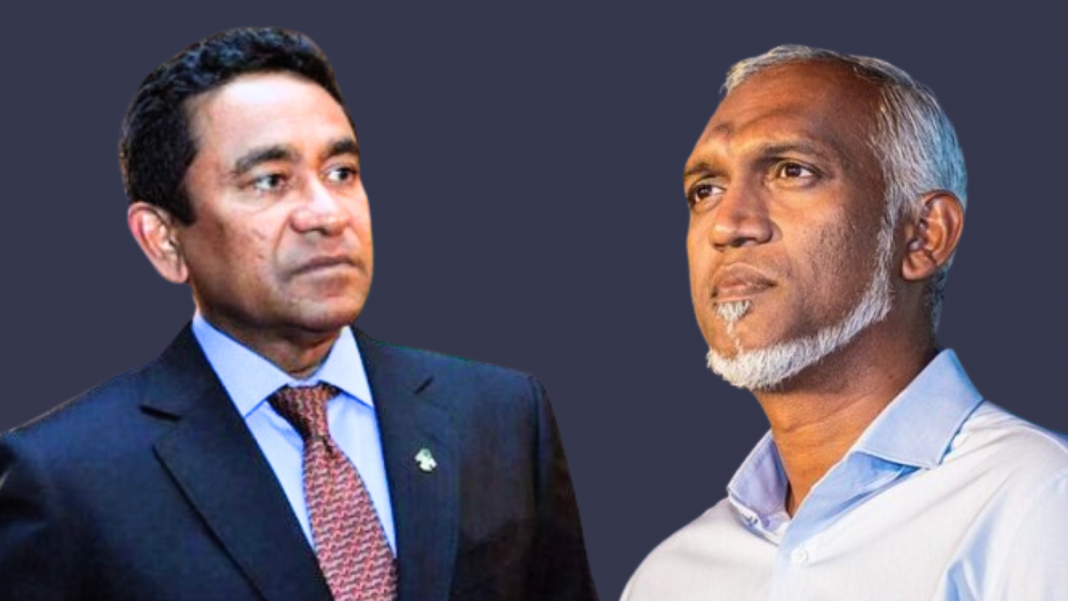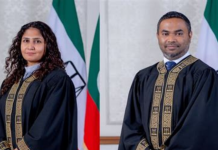The recent political uproar in the Maldives, particularly the mass defection of 13 lawmakers from the Maldivian Democratic Party (MDP) to the ruling People’s National Congress (PNC), has ignited a firestorm of controversy and debate. Former President Yameen’s accusation of the current administration engaging in the “buying and selling” of parliamentarians only adds more fuel to this already blazing inferno of political tensions.
Yameen’s claim, made during an event to introduce parliamentary candidates endorsed by the People’s National Front (PNF), a party he founded, highlights the fragility of Maldives’ political landscape. The sudden switch of allegiance by these lawmakers raises serious doubts about the integrity of democratic processes and the influence of financial incentives in political decision-making.
Accusations of bribery and corruption shake the trust and legitimacy of the political system, corroding the very foundation upon which democracy stands. The mere notion that lawmakers can be bought and sold like goods undermines the core principles of representative governance.
Despite President Mohamed Muizzu’s administration denying these allegations, a cloud of suspicion hangs over the recent defections.
Should lawmakers prioritize their personal beliefs or faithfully represent the interests of their constituents? Yameen’s scrutiny of parliamentary candidate Adam Shafiu brings this dilemma to light, emphasizing the moral duty of elected officials to stay true to their principles.
The electorate must demand transparency and ethical behavior from their representatives, ensuring that the corridors of power are free from manipulation and deceit. Political expediency should never take precedence over the fundamental principles of democracy and the rule of law.


















